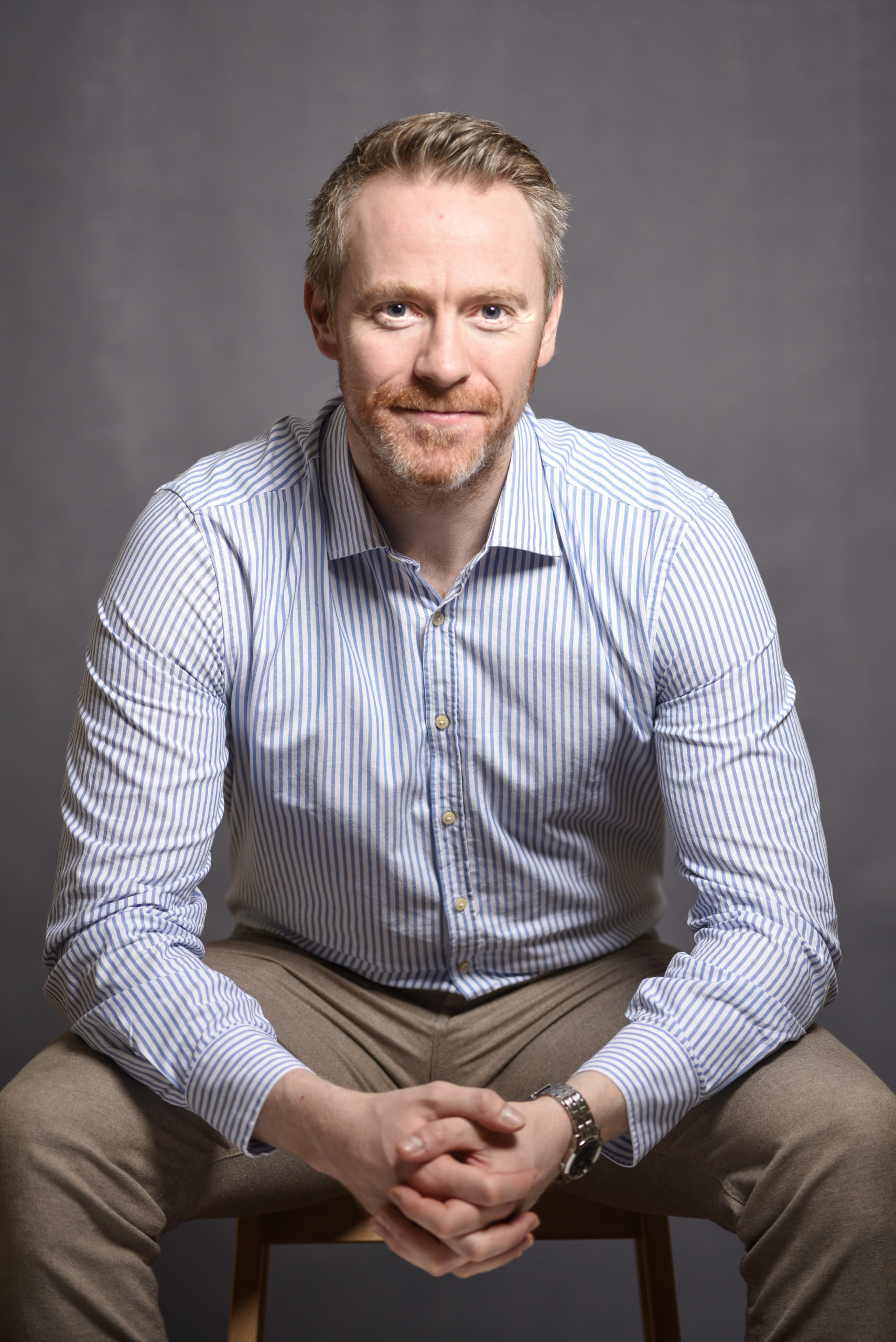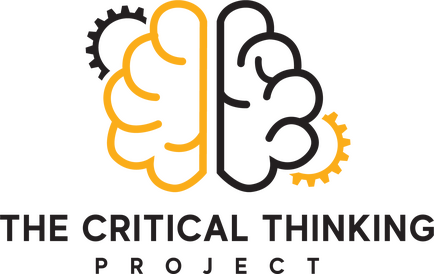Fallacies
A full respository of video lessons and resources helping you to identify the most common patterns of error in reasoning and decision-making
Cognitive Biases
All of the most common psychological tendencies that distort our thinking and undermine objectivity, explained in jargon-free, example-led video lessons
Argumentation
Learn how to construct strong and convincing arguments, and make proper use of analogies and counterexamples
Thinking scientifically
Key principles of the scientifc method that underpin rational behaviour in every walk of life
The Toolkit
The complete critical thinking toolkit at your fingertips whenever and wherever you need it.
The Critical Thinking Project’s course is the most comprehensive online suite of lessons on critical thinking. All lessons are delivered in simple, jargon-free language. The HD video lessons focus on examples of fallacies and biases from both the left and right of the political spectrum, demonstrating how these error patterns consistently undermine our public discourse. The course also teaches you how to improve your critical thinking abilities not only through the avoidance of error, but also by following and applying key intellectual principles and best practices in argumentation.
Sample lessons
The Latest from The Blog
Free articles applying critical thinking principles to current affairs, controversies, and recent events. As well as guides on intellectual best practices and arguing strategies.

Intellectual empathy: the undervalued virtue
It's an often overlooked feature of moral life that there is an ethical obligation to at least *try* to think critically and objectively. One useful entry point into understanding why this is the case, is the virtue of "intellectual empathy"...

What is Critical Thinking, and why is it important?
Most people grow up completely unacquainted with even the basics of Critical Thinking. This has to be one of the most scandalous oversights and failures of formal education globally...

In Defence of Objectivity
One longstanding objection to the idea of objectivity is that all knowledge (or what pretends to be knoweldge) is “relative” in some fundamental sense. What does this mean? And does it mean efforts to improve critical thinking are misguided?
Our Mission
To elevate the standard of public discourse through free and affordable critical thinking resources

Meet the Founder
Hugo Newman, PhD in Philosophy
After completing my PhD in Philosophy in 2015, I decided to leave academia behind. In 2017 I co-founded an online accountancy training company with my brother, Thomas. I continued publishing articles on political and social philosophy. But I watched with concern as the standards of public discourse seemed to decline preciptiously, especially in the context of online political and cultural debates. I have founded The Critical Thinking Project in the hope of beginning to plug the huge gap in critical thinking awareness and training that persists across nearly all of our educational institutions. The course is simple, comprehensive, affordable, and (as far as is possible) ideologically neutral. If you would like to join the effort, please get in touch.
Thank you.
Lessons on critical thinking
Subscribe for free weekly critical thinking resources, updates and articles:
